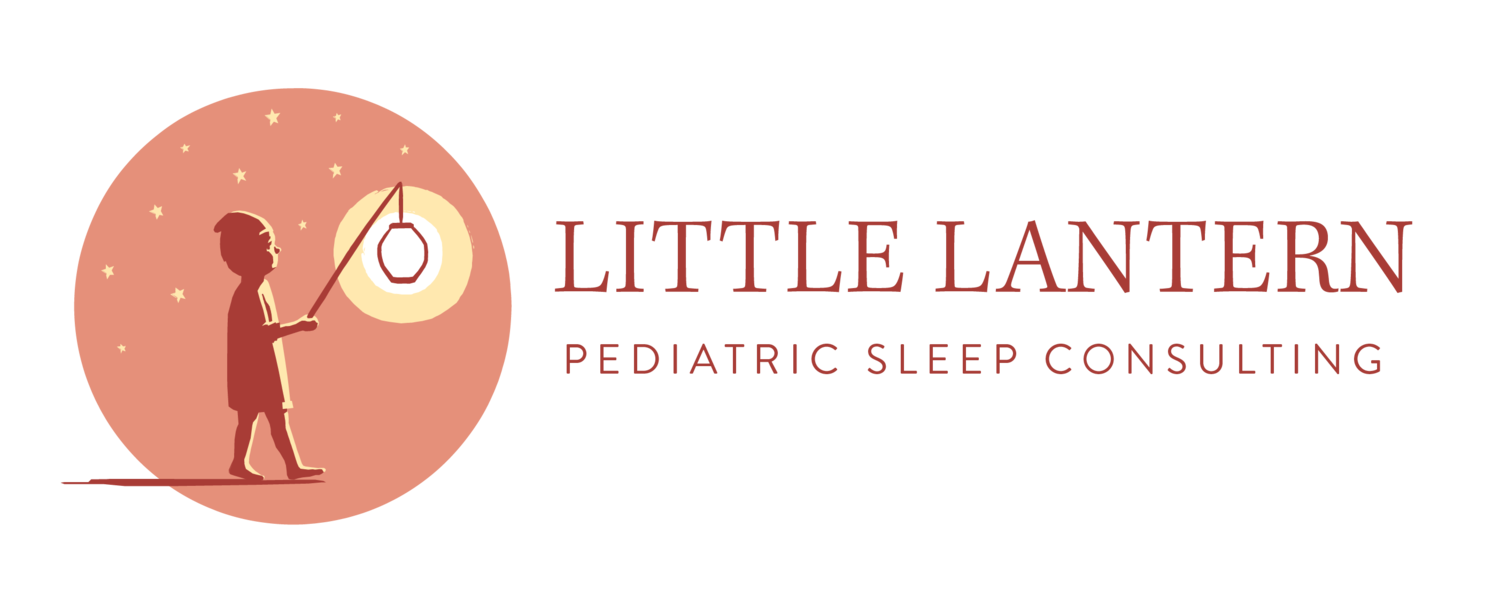Sleep and the Holidays
For many children, the excitement of the holidays is often accompanied by changes in routine that affect sleep. Here are some tips to keep sleep on track.
Keep your routines as normal as possible. Even if you are in a different place or have friends and family visiting, there are ways to maintain consistency in your schedule.
Keep meal times and snacks as close to the regular times as possible.
Allow time for your child’s usual bedtime routine.
Keep the schedule balanced. Alternate between high energy activities like outdoor play or a fun game and quieter activities, like quiet play or a rest time.
Take moments to reconnect with your child. The excitement and busyness of the holidays can easily make children feel overwhelmed or disoriented. They often express these feelings through challenging behaviors. These behaviors can be especially difficult to address when friends or family members present. If your child is having a hard time, a simple remedy is to take some time away from the hustle and bustle to be alone with your child. A bike ride, a walk together, or a trip to the park is a great way to reconnect and help your child reset.
Get outside. Being outside is a great way to prime your child for sleep. Studies show that being outdoors helps attune us to our natural biological sleep rhythms. Even if it may be cold, bundling up and getting outside to play is a great way to support your child’s sleep during the holidays. It’ll help your sleep, too!
Have quiet recovery days after the holidays. If you can, take a few days after the holidays to recover. Simplify your schedule and give yourself space to get back into your normal routines. These quiet days help your child recover from the holiday fun and reset their sleep schedules.
Put your child to sleep early until sleep is back on track. If sleep was disrupted during the holidays, an early bedtime will help get rid of any accumulated sleep debt.
I hope you have a wonderful holiday season!
